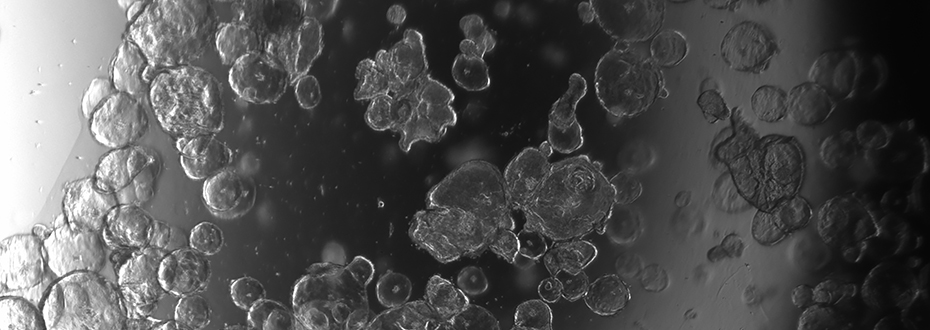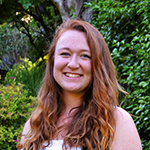Andres Lab

Translational research interests
Our research aims to develop new biomarkers and therapeutic strategies using extracellular vesicles to improve outcomes and ultimately eradicate the neonatal inflammatory disease, necrotizing enterocolitis (NEC). We use a combination of human patient samples, animal models, and novel 3D enteroid systems to examine the role of vesicles in NEC pathogenesis and prevention.
Basic research interests
We are also interested in intestinal cell physiology and the role of the RNA binding protein insulin-like growth factor mRNA binding protein 1 (IGF2BP1/IMP1) in intestinal development and disease. We use animal and enteroid models to explore how changes in IMP1 effect intestinal physiology and susceptivity to NEC.
Ongoing projects
- Role of human milk EVs in intestinal maturation
- Effects of digestion on human milk EVs
- Role of Imp1 in NEC
- Role of IMP1 in EV secretion in colon cancer
Principal Investigator
Sarah Andres, Ph.D.
503-494-6833
Assistant Professor of Pediatrics, Division of Gastroenterology, School of Medicine
Graduate Program in Biomedical Sciences, School of Medicine
andress@ohsu.edu

Madeline Kuhn, B.S.
kuhnma@ohsu.edu
Maddy is a native Oregonian and received her Bachelor’s in Microbiology with a Minor in Chemistry from Oregon State University. Throughout her college career she worked in several labs across OHSU such as Dr. Fikadu Tafesse in MMI, Dr. Bradley Tebo in EH and now Dr. Sarah Andres in the Pape Research Institute. She’s currently looking into the effects of extracellular vesicles from breast milk on neonatal inflammatory condition necrotizing enterocolitis (NEC) and cultivating new ways to mimic the human intestine using 3D enteroid cultures. In her free time she likes to tend to her many plants, read and bake vanilla scones.